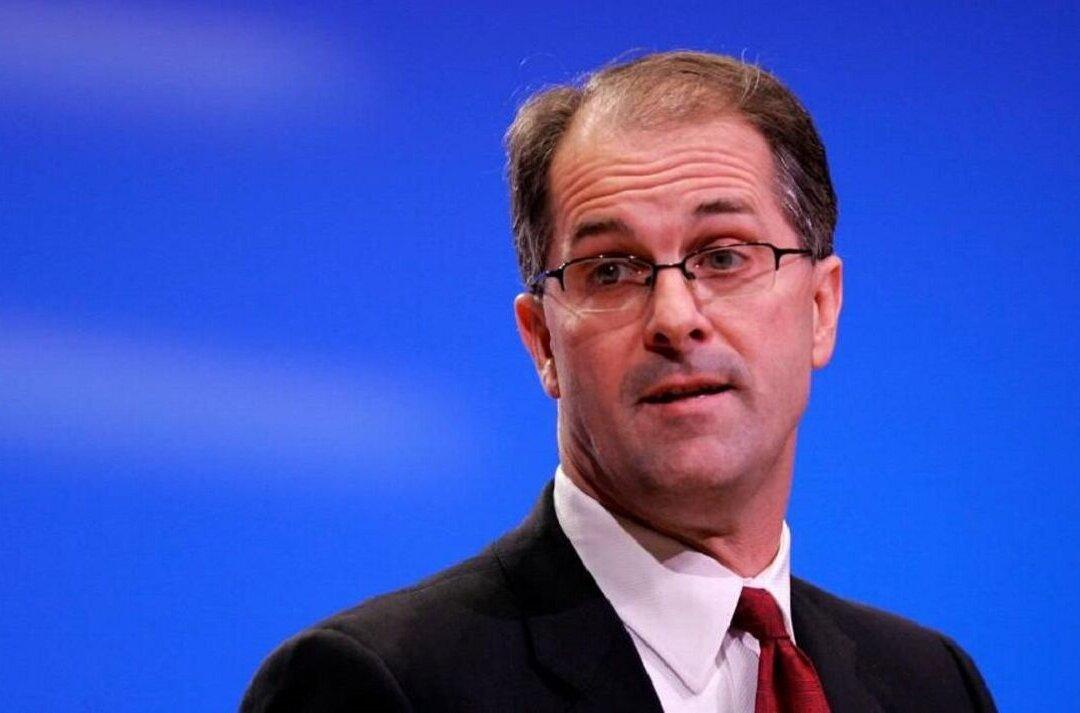A former state attorney general whose group is involved in election-related litigation in battleground states said he believes the 2020 election was lawless.
“I think that this was one of the most lawless elections in U.S. history,” Phill Kline told The Epoch Times on Nov. 28. That lawlessness has made it difficult for people to have faith in the election results, he said.





